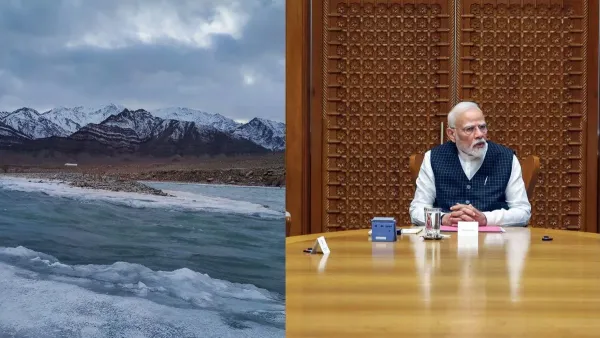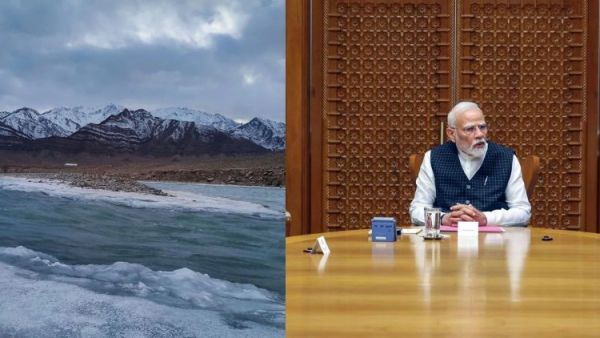
In a number of significant decisions reached at the Cabinet Committee on Security (CCS) meeting on Wednesday, India placed the Indus Valley Treaty with Pakistan on hold. This followed the April 22 indiscriminate shooting by terrorists in Pahalgam, Jammu and Kashmir, which claimed the lives of 26 visitors.

The vicious attack was claimed by the Resistance Front (TRF), a front for the Pakistan-based terrorist group Lashkar-e-Taiba (LeT).
Therefore, in a significant act of retaliation, a commission chaired by Prime Minister Modi halted the crucial agreement pertaining to India and Pakistan’s share of the Indus water.
Indus Water Treaty: What Is It?
The Indus Waters Treaty was signed in 1960 by Ayub Khan, the former president of Pakistan, and Jawaharlal Nehru, the prime minister of India at the time. The waters of the three eastern rivers—the Ravi, Beas, and Sutlej—go to India under this arrangement, while the waters of the western rivers—the Chenab, Jhelum, and Indus—go to Pakistan.
Both India and Pakistan are permitted to utilise the water for domestic uses like cultivation and hydropower production.
India is also allowed to stockpile up to 3.6 million acre-feet of water from the western rivers for a variety of uses, according the deal.
According to the treaty, commissioners chosen by both parties must first resolve any disputes. An impartial specialist chosen by the World Bank may be engaged if they are unable to settle the disputes.
Pakistan first asked for an independent expert, but then changed its mind and asked the Permanent Court of Arbitration (PCA), a worldwide dispute settlement organisation with its headquarters in The Hague, to make a decision. India has rejected the PCA’s jurisdiction, claiming that Pakistan has disregarded the dispute resolution procedures outlined in the pact.
India has sometimes threatened to revoke the agreement. But even during the conflict with Pakistan, New Delhi never took this action.
What impact would the treaty’s suspension have on Pakistan?
India and Pakistan ratified the Indus Waters Treaty after extensive World Bank mediation. Prior to the agreement’s execution, on April 1, 1948, India had cut off the water supply from two major canals, leaving 1.7 million acres of Pakistani Punjab dry. Now that this deal has been fully revoked, India has essentially devastated Pakistan.
Actually, the provinces of Punjab and Sindh in Pakistan relied significantly on rivers like the Chenab, Jhelum, and Indus to provide them with water. However, Pakistan will now